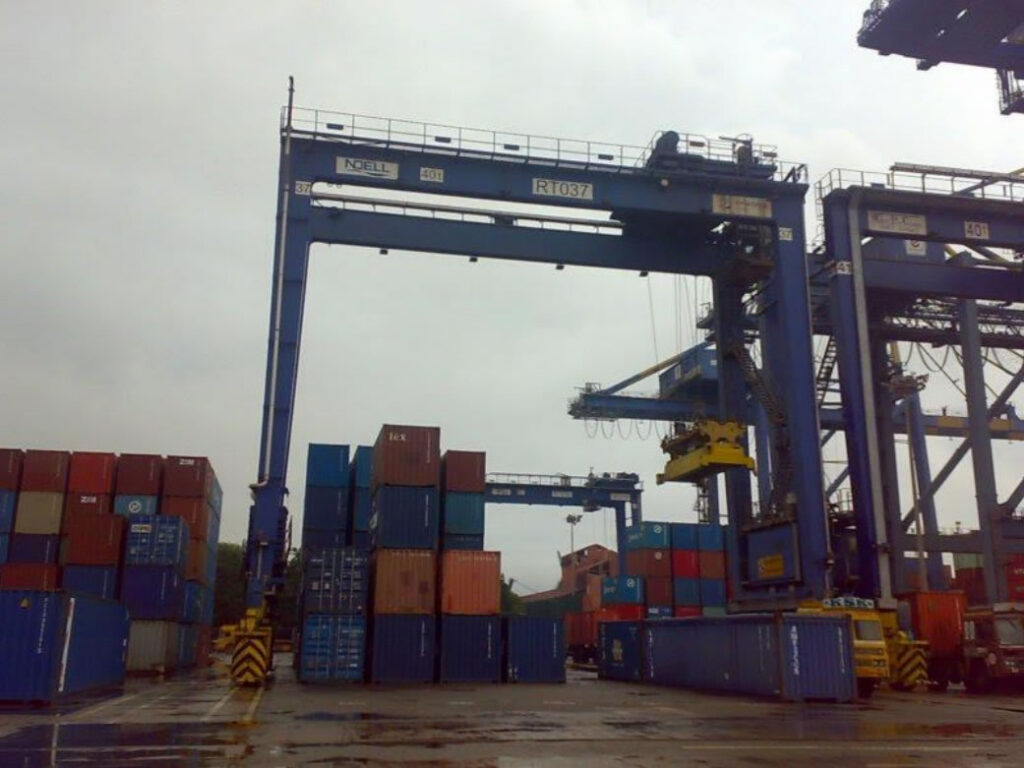
Series Introduction
India-Middle East Relations: Opportunities and Challenges
With the United States shifting its security focus from the Middle East to the Asia-Pacific, other major powers are seen as potential players that might fill the void in Middle East security. The fact that India is one such player is further manifested in the recently announced India–Middle East–Europe Economic Corridor.
This series of Insights seeks to unravel the evolutionary paths that the growing multifaceted connections between India and the Middle East might take and the challenges arising. India’s relationship with Israel, especially under the purview of the I2U2 partnership, which also includes the United Arab Emirates and the United States, has in particular generated much curiosity among observers. India’s longstanding economic ties with the GCC countries, along with its ties with Iraq and Iran, have added to the strategic significance of the Middle East for India and given it strong reasons for a greater role in the Middle East.
By Albert Vidal*
Ports are not just critical infrastructure but also serve as economic gateways and have geopolitical implications. This paper explores relations between India and its Middle East partners from a ports and maritime logistics perspective, highlighting the potential for a shared and interconnected future that is rich in synergies. Middle Eastern partners, utilising their strengths as hydrocarbon producers, major logistics players and managers of large sovereign wealth funds, could address the bottlenecks hindering India’s growth while in turn benefitting from food security and ample returns on investment in a stable client with a colossal domestic market.
Click HERE FOR THE PDF.
Image Caption: Chennai Container Terminal, India, one of the ports operated by DP World. Photo: Raguleo, under Creative Commons licence CC BY 3.0 DEED
About the Author
*Albert Vidal is an Assistant Professor at the Symbiosis School of International Studies (SSIS), Symbiosis International (deemed) University, Maharashtra, India. He holds a PhD from Jawaharlal Nehru University, India. From July 2017 to July 2019, he served as a Consultant at the Strategic Affairs Wing of the National Security Council Secretariat, Prime Minister’s Office, New Delhi, and handled issues pertaining to the West Asia–North Africa (WANA) region and Iran. Dr Ningthoujam was among the five young researchers from India who participated in the Next Generation Initiative organised by the Foreign and Commonwealth Office, UK, in 2017.
More in This Series
More in This Series
- Jean-Loup Samaan
- - July 11, 2024
- Aisha Al-Sarihi, Ehsan Rasoulinezhad, Jinseok Sung
- - June 20, 2024




